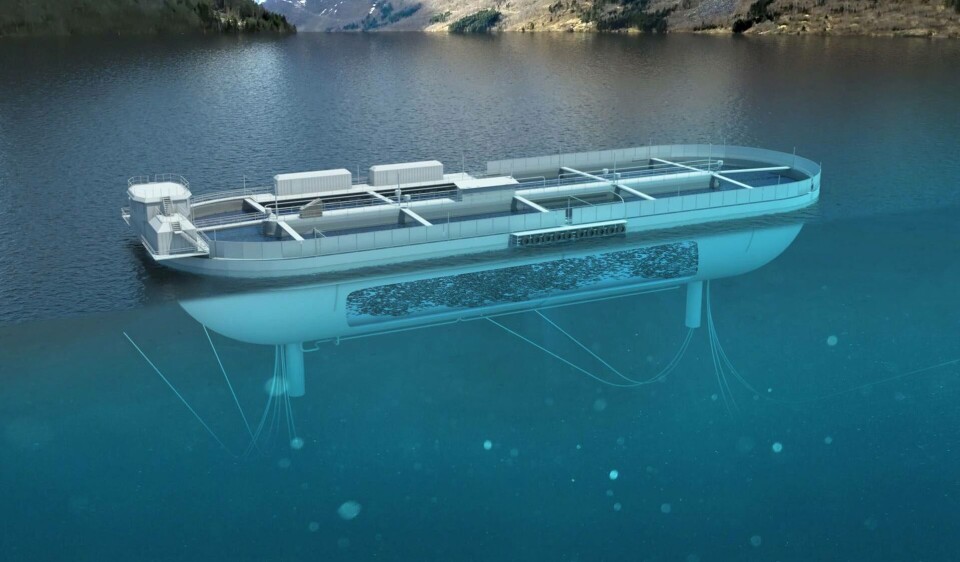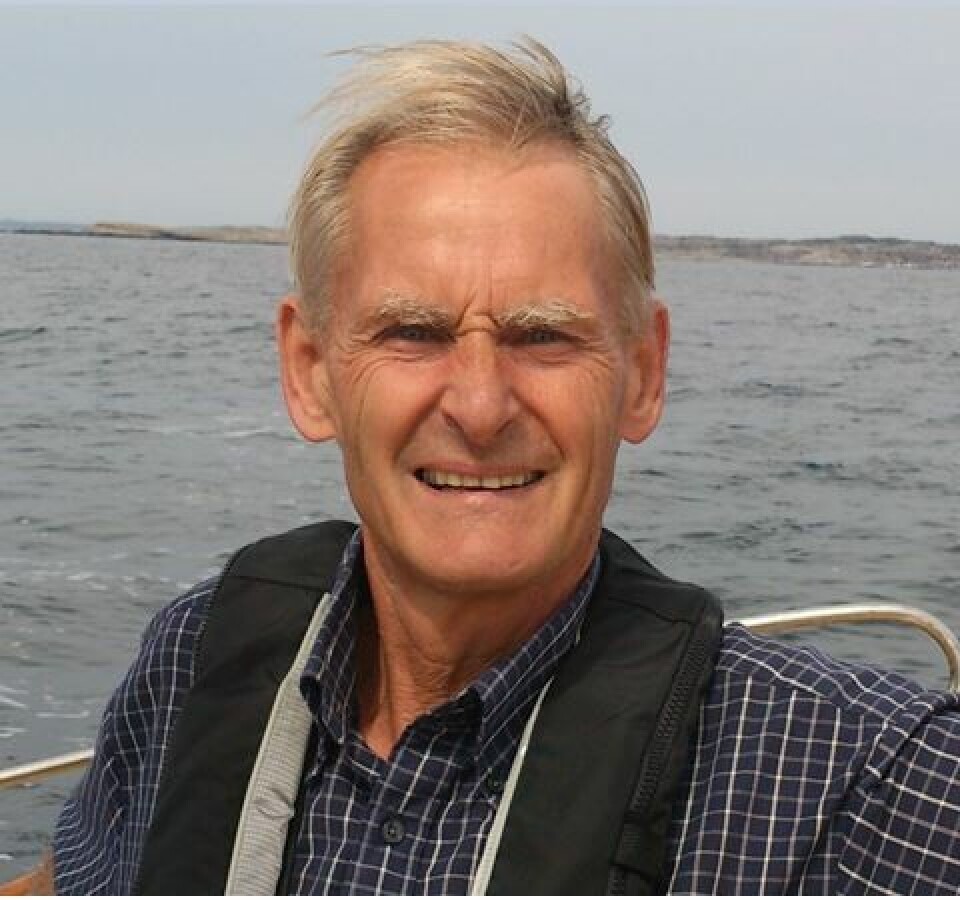
Floating salmon pool given go-ahead in Norway
Plans for a floating concrete closed containment salmon farm have been given the go-ahead by Norway’s Fisheries Directorate, but with a much smaller biomass than requested.
Stadion Laks applied for 15 development permits, which would have given it permission to grow 11,700 tonnes of salmon.
In the end, the Fisheries Directorate gave it just two and a half permits (1,849 tonnes), enough for just one “Stadium Pool”.

A financial risk
“First and foremost, we are happy,” said engineer Knut Solberg, who is behind the concept along with fish farming pioneer Bjørn Myrseth and salmon farmer Lingalaks..
“We sought many more (permits). We will include several innovations in the project. This represents challenges. Combined with only being able to build one pool, this represents a financial risk for the project,” said Solberg, who is nonetheless relieved that work can now begin after a time-consuming permit process.
“One of the reasons why it has taken a long time is that it is a large and complicated project. In addition, our experience is that the Directorate of Fisheries received far more applications than they initially had the staffing for,” he said.
Furthermore, discussions about the terms of the permits have also taken time.
Particulate matter
The Stadium Pool will be a floating closed production unit in reinforced concrete for raising salmon from 100 grams and up to 5 kg. It is designed for salmon farming up to a biomass density of between 50 and 75 kg/m³.
The goal of the concept is to create a unit that reduces the challenges of escape, salmon lice, algae and diseases, and addresses the challenges with particulate matter near fish farms.
“We think it is positive that Lingalaks have engaged in the way they have. Hardanger (where Lingalaks farms) is in the red zone (under Norway’s new ‘traffic light’ system) and this will be positive for the environment and the challenges that are there,” said Solberg.
He said Stadion Laks expects to start construction in 2020 and have fish in the pool in 2022.
Norway’s Fisheries Directorate awards development permits to encourage alternative ways to grow salmon. The biomass allowance is intended to offset some of the risks and costs of development.























































